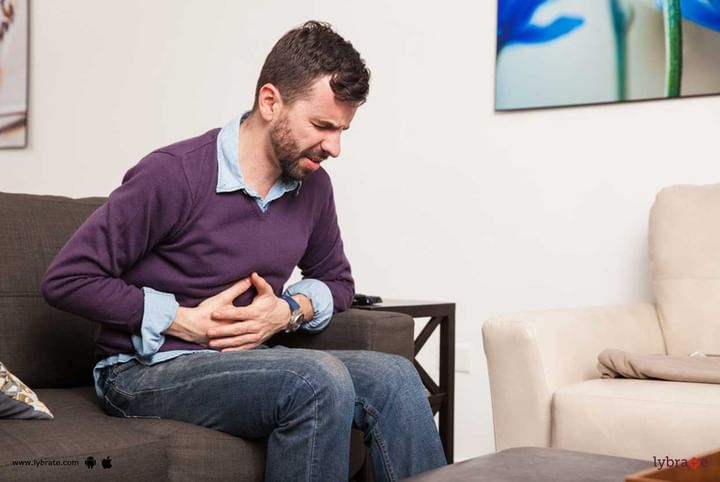External Haemorrhoid - How To Get Rid Of It?
Haemorrhoids are either internal or external. An internal haemorrhoid is present deep inside the rectum and anus, whereas external haemorrhoids are located at the base of the skin surrounding the anus. These are lower than the internal haemorrhoids. When they swell, they can be felt at the anus, as they are present outside. They might cause itching, pain, or bleeding during passing stools.
External haemorrhoid can protrude outside the anus and this can be seen and felt like a hard painful lump. They usually behave differently as they are covered by regular skin and when swollen they are painful, resulting in the formation of skin tags that can be felt. This skin tags can cause difficulties while passing bowel movements which can further lead to secondary skin infections. If the pain is too much and unbearable, the doctor might suggest removal of the blood clot from the thrombosed haemorrhoid that will stop the pain. Although, haemorrhoids are helpful in controlling bowel movements, only when they develop lumps and swelling they are considered as abnormal and painful.
Causes of Haemorrhoids:
Basically, haemorrhoids are caused by swelling in anal or rectal veins. This swelling can occur due to many factors, such as obesity, pregnancy, straining or pushing while passing a bowel movement, standing and sitting for a long period of time (especially on the hard or concrete floor), chronic constipation or acute or chronic diarrhea, colon cancer, rectal surgery, etc. One important causes of the development of haemorrhoids are diet low in fibre, as this can cause constipation and this can contribute in causing haemorrhoids in two ways: it will lead to straining or pushing in the toilet, and it will aggravate the development of haemorrhoids by producing hard stools and lead to irritation and swollen veins.
Symptoms of External Haemorrhoids:
External haemorrhoids can be felt as a bulged lump at the anus. They cause a problem only when there is blood-filled inside them, which is known as thrombosis. The thrombosed external haemorrhoid is very painful, tender, and it often requires medical attention.
Diagnosis and Treatment:
Most individuals discover the presence of haemorrhoids by feeling the lump at the anus while wiping themselves after using a toilet, they note bleeding on the toilet bowl or on toilet paper, or they feel protruded or prolapsed haemorrhoid at the anus after bowel movements.
- One can be relieved with mild pain, inflammation, and swelling with some of the home treatments, such as:
- Consume high fibre diet such as more fruits, vegetables, whole grains, oatmeal, dry fruits, etc. This will help in softening of stools and increases the bulk and thus will not cause trouble while passing stools.
- Use of topical treatments which one can buy over-the-counter hydrocortisone or haemorrhoid cream or suppository or use pads which contains witch hazel or any numbing agent.
- A warm sitz bath, soaking the anal part in warm water for 10 to 15 minutes twice or thrice a day can be really beneficial
- Maintain anal hygiene
- Avoid using dry toilet paper and soap to clean or wipe the anal area.
- Apply a cold compress or ice packs
- One can take oral pain relievers, some of the medicine that people with haemorrhoids take care of acetaminophen, aspirin, and ibuprofen. These provide temporary relief from discomfort.



+1.svg)
